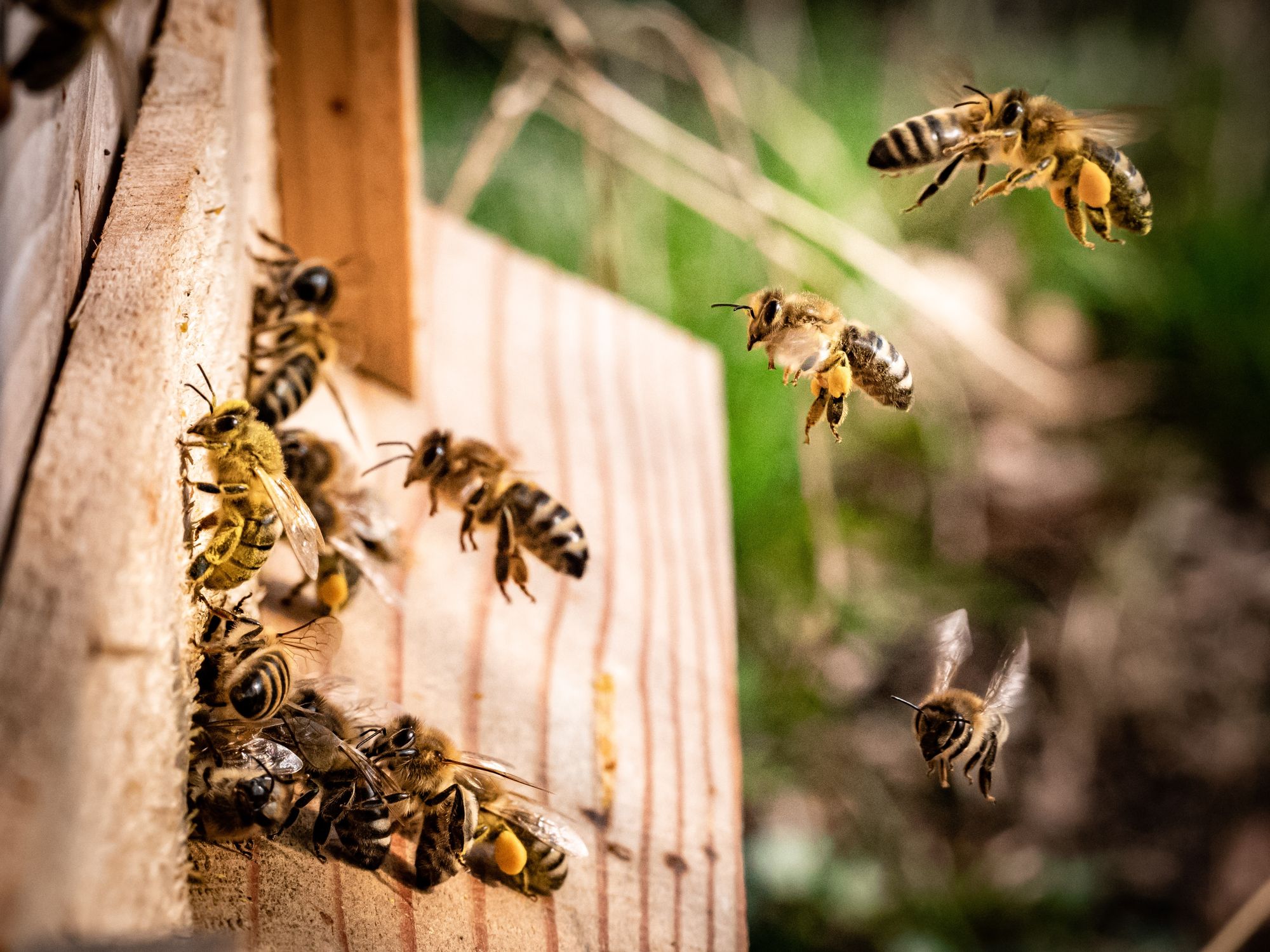You catch more bees with honey than vinegar

Managing a team of employees is a challenging task that requires a human touch. For years, managers have been encouraged to follow the adage "you catch more bees with honey than with vinegar" as a means of motivating and leading their team. Essentially, this means that by being kind and understanding, managers can get better results from their employees than they would if they were harsh or critical. However, when it comes to replacing human managers with artificial intelligence (AI) systems, this saying falls short.
The reason is simple: AI cannot understand the difference between positive and negative emotions. While AI can be programmed to recognize certain behaviours as good or bad, it cannot empathize or recognize the emotional nuances behind these behaviours. This means that while an AI system might be able to identify when an employee is not meeting expectations, it wouldn't know how to motivate that employee to improve.
Managing a team effectively requires being able to read and respond to the emotional states of employees. A human manager can recognise when an employee is feeling overwhelmed or frustrated and provide support and encouragement. They can also recognize when an employee is feeling confident and motivated and provide opportunities for that employee to excel.

However, an AI system cannot provide this emotional element. While it can provide feedback and suggestions, it cannot offer the kind of support and encouragement that a human manager can. Furthermore, it cannot recognize when an employee needs a break or when they need a challenge to keep them engaged.
Another issue with relying solely on an AI system to manage a team is that it cannot adapt to the needs and personalities of individual employees. Every employee is different and responds to different motivators. Some may respond well to positive reinforcement, while others may respond better to constructive criticism. A human manager can recognize these differences and tailor their approach to each employee. An AI system, on the other hand, would likely take a one-size-fits-all approach that wouldn't be as effective.
That said, AI systems can still play a useful role in managing teams. They can collect data and provide insights into employee performance, and they can automate certain tasks, freeing up managers to focus on strategic work.

However, AI should be considered a tool rather than a replacement for human managers. The emotional element of managing a team is crucial to its success, and an AI system cannot provide that. While it may be tempting to automate everything for efficiency's sake, we should recognize the limitations of AI and the value of human expertise.
For me, the adage "you catch more bees with honey than with vinegar" is still applicable to human managers, but it doesn't necessarily apply to AI systems. Human managers bring an emotional intelligence to the table that AI cannot replicate. While AI can provide valuable insights and automate certain tasks, it cannot replace the unique skills and expertise that human managers provide.


